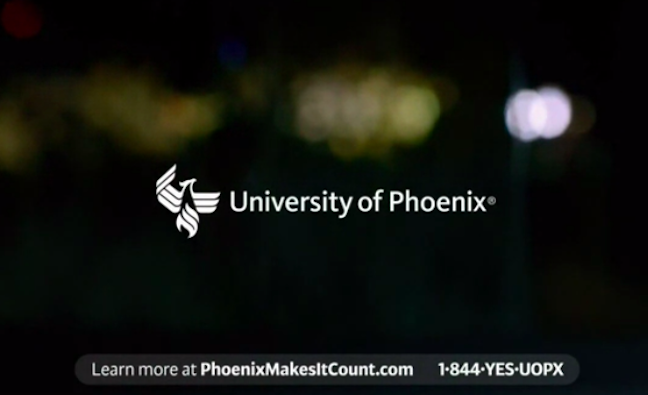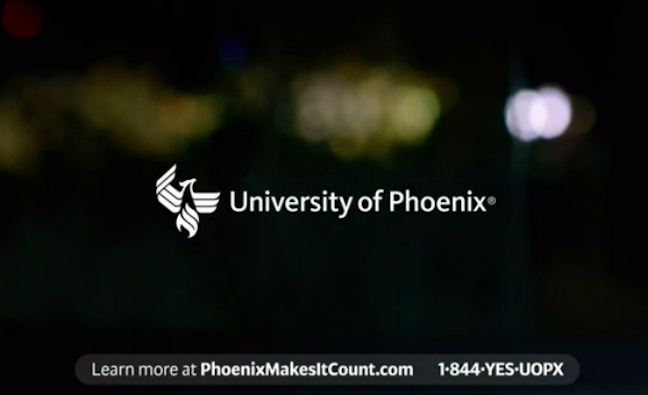A week after a report suggested that the Department of Defense had paid full retail price for EpiPens — to the tune of $54 million in overcharges — because the drug’s maker, Mylan, misclassified the live-saving medication, preventing the government from receiving proper rebates, lawmakers are calling on the drugmaker to reimburse those costs. [More]
Department of Defense

Report: Defense Department Overpaid $54 Million For EpiPens
It looks like taxpayers didn’t just overpay for EpiPens purchased through Medicaid. According to a new report, the Department of Defense has been paying almost full retail price for the expensive emergency allergy treatment. [More]

11 Attorneys General Agree: For-Profit Colleges Shouldn’t Have Unfettered Access To Military Bases
A number of for-profit college chains market their schools directly to active-duty U.S. servicemembers, sometimes going too far in the process. Now a group of state attorneys general are voicing their concern that a new piece of legislation will weaken existing protections against overzealous recruitment of servicemembers by these controversial colleges. [More]

Government Asking People To “Hack The Pentagon” To Find Security Flaws
The Pentagon is joining a long list of companies and organizations in opening the door to hackers by asking for the public’s help in testing the cybersecurity infrastructure of some of its websites. [More]

Judge Orders University Of Phoenix Parent Company To Turn Over Documents To Feds
Just because the University of Phoenix may be able to once again recruit on military bases and enroll new students using the military tuition assistance program doesn’t mean the for-profit college behemoth’s problems are behind it. Instead, a court ruled last week that the school’s parent company, Apollo Education Group, must provide records requested by federal investigators nearly six months ago. [More]

University Of Phoenix May Be Up For Sale
Increased government scrutiny and falling enrollment at the University of Phoenix may be too much for Apollo Education Group, the parent company of the for-profit college mega chain. The company is reportedly exploring its options on what to do with the school, including a sale. [More]

Chairman Of University Of Phoenix Parent Company Dumps Millions Of Dollars In Stocks
Just a week after University of Phoenix’s parent company Apollo Education Group attempted to tone down the role the troubled for-profit college has played in the company’s falling stock prices and public image, new regulatory filings show the corporation’s own chairman may not have the same faith in the organization, as he dumped nearly $10 million in company stock. [More]

University Of Phoenix Parent Company Tries To Explain Sinking Stock Price
For the second time this year, University of Phoenix’s parent company Apollo Education Group attempted to tone down the role the troubled for-profit college has played in the company’s falling stock prices and public image during a phone call with investors. [More]

University Of Phoenix Barred From Military Bases, Using New Tuition Assistance Funds
For-profit college chains like the University of Phoenix spend a lot of time and money recruiting active-duty military personnel. But the school has come under fire in recent months for allegedly crossing some legal lines in its efforts to attract students from the armed forces. Yesterday, Phoenix’s parent company revealed that the school is currently barred from recruiting on U.S. military installations, and that Department of Defense tuition assitance funds can not be used to pay for classes for new students. [More]

CFPB Reminds Retailers They Can’t Accept Military Allotments For Certain Purchases
Allotments allow military servicemembers to automatically direct some of their paycheck to parties of their choosing, ideally for savings, insurance premiums, housing payments, and support of dependents. Until recently, allotments could also be used to make retail purchases, but such transactions weren’t covered by many of the legal protections that come with traditional payment methods like electronic checks and debit cards. Recently enacted rules now prohibit the use of allotments for buying personal property, and federal regulators are reminding retailers they have to follow the law. [More]

Legislators Once Again Trying To Delay New Lending Protections For Military Personnel
The Department of Defense is trying to do something good for servicemembers by closing loopholes in the Military Lending Act that can leave military personnel vulnerable to predatory lenders. But these safeguards are now the target of a Congressman who has received substantial campaign contributions from payday lenders. [More]

House Panel Strikes Provision That Would Delay Added Military Lending Act Protections
Yesterday we reported that Congress would make a decision whether or not it would intervene to slow the Department of Defense’s work to create new rules aimed at closing loopholes in the Military Lending Act that often leave military personnel vulnerable to predatory financial operations. Thankfully, legislators saw the need for more protections regarding military lending and determined the rules could go into effect as planned. [More]

CFPB Urges DoD To Close Loopholes That Cost Military Personnel Millions Of Dollars
Nearly three months ago the Obama administration and the Department of Defense announced a proposed overhaul of the Military Lending Act that would aim to close loopholes regularly exploited by predatory lenders in order to sink their hooks into military borrowers. Now, a new report from the Consumer Financial Protection Bureau highlights just how devastating – and costly – those loopholes can be for servicemembers. [More]

22 States Ask Defense Dept. To Do More To Protect Servicemembers From Predatory Lenders
When the Military Lending Act was introduced in 2007, it aimed to prevent predatory lenders from gouging military personnel with exorbitant interest rates and mountains of fees. While those protections have proven to be successful in many ways, lenders have since learned how to work around specific limits of the law. Now, attorneys general from 22 states are asking the Department of Defense to do more to shield servicemembers from unscrupulous lenders. [More]

New DoD Protections Aim To Keep Shady Businesses From Taking Advantage of Military Members
Members of the military — particularly younger members from lower-income backgrounds — are too often the target of shady, predatory businesses looking to take advantage of their youth and inexperience with finances. The Military Lending Act offers some protections, but these operators find ways to get around the law. On Friday, the U.S. Dept. of Defense took steps to eliminate some of those exploitations by creating reforms to the current military discretionary allotment system. [More]



